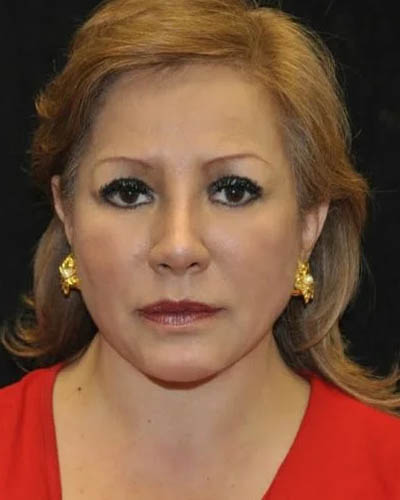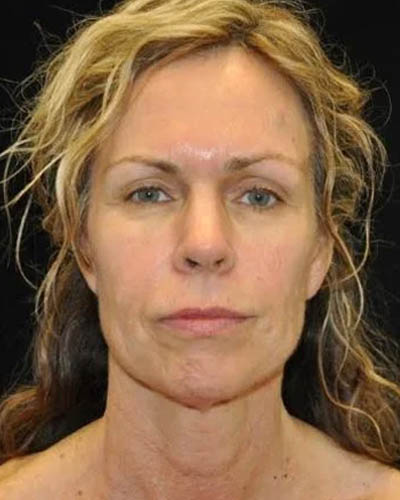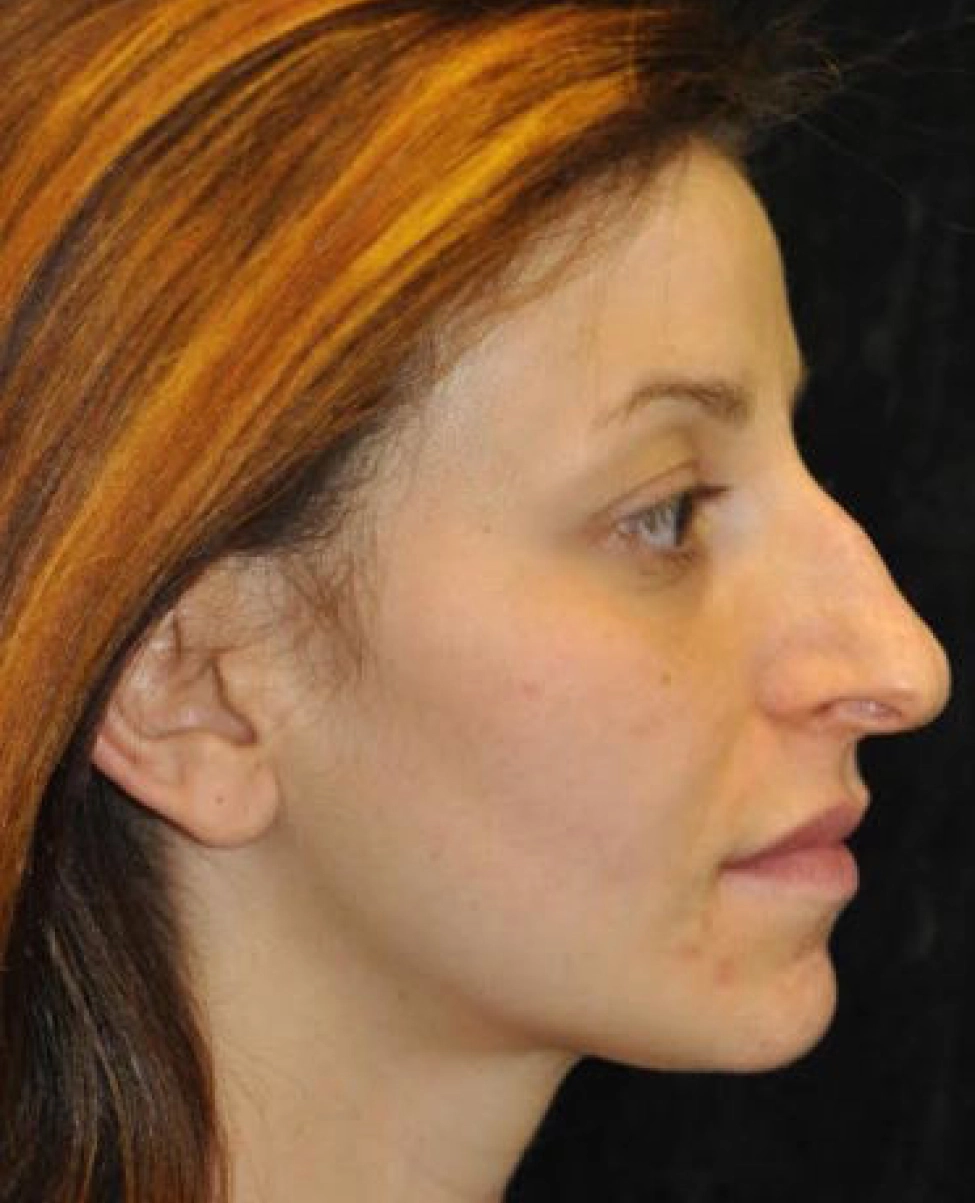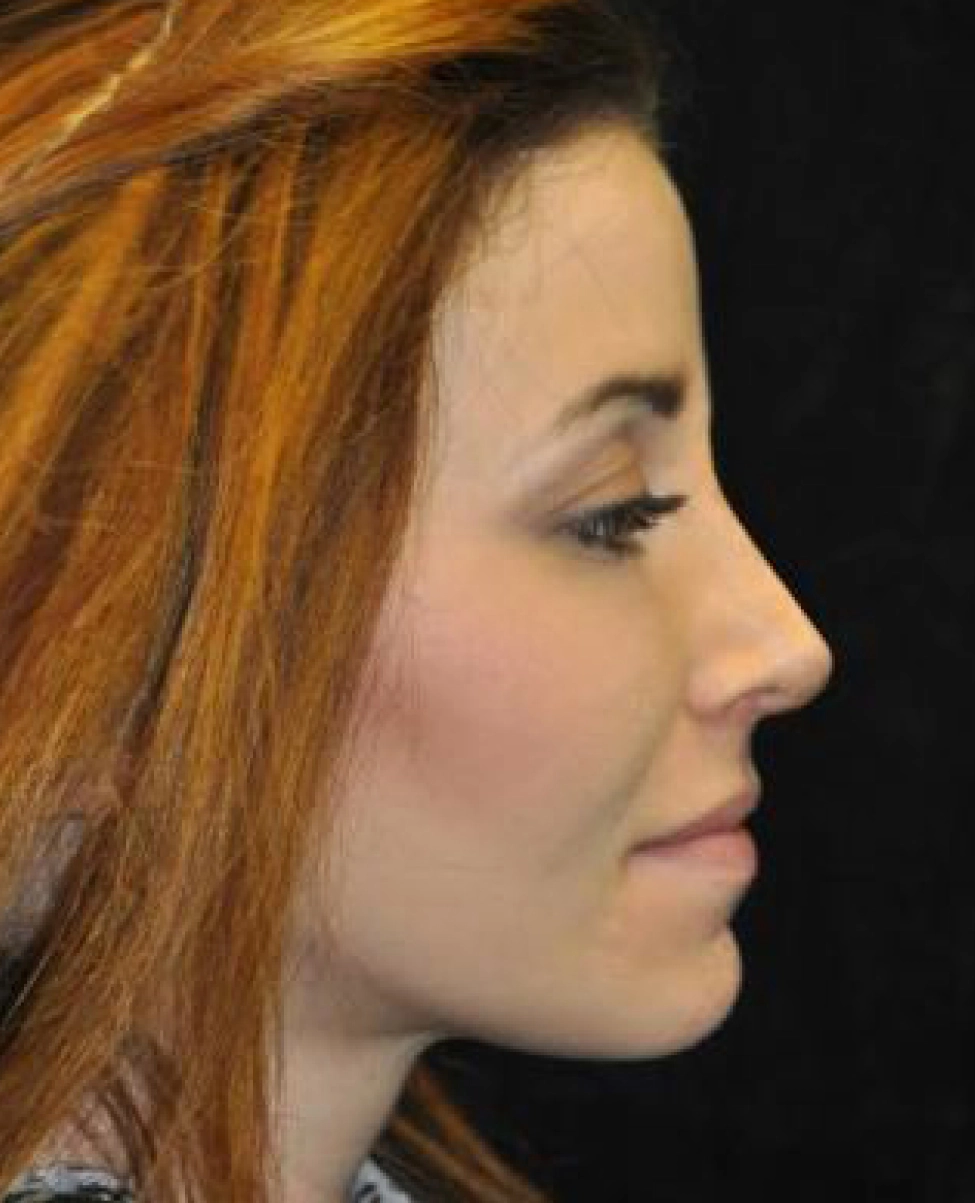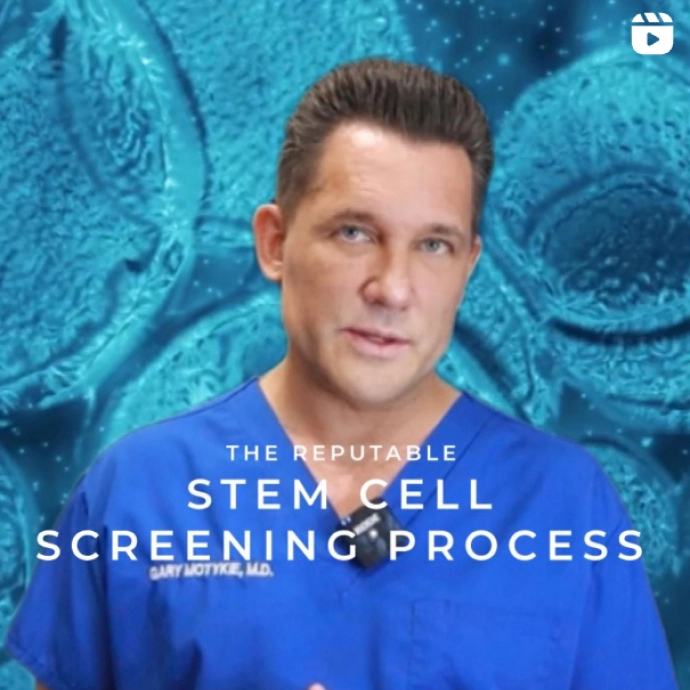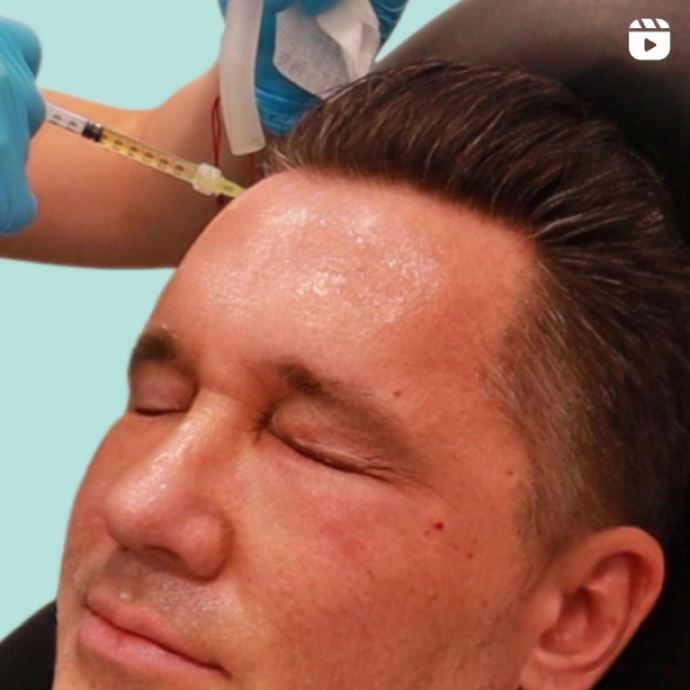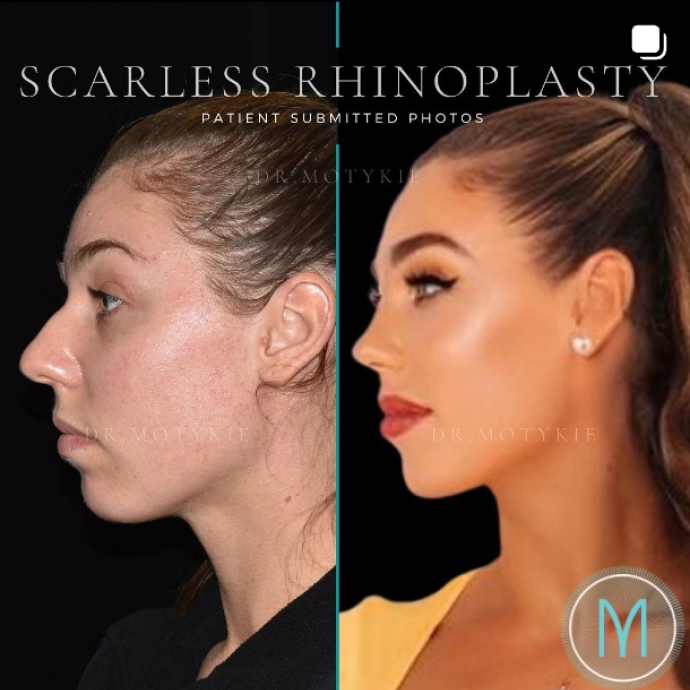- Face
- Breast
- Body
- Injectables
- Skin
- Celluma Led Light Therapy
- Chemical Peels
- Hydrafacial
- IPL Photofacial
- Laser Hair Removal
- Laser Skin Resurfacing (Laser Genesis)
- Medical Grade Facials
- Morpheus8
- Microneedling
- PRFM / PRP (EZ Gel)
- RF BTL Exilis
- Spider Veins & Vascular Leisons+ (ExcelV)
- Sun & Brown Spot Removal
- Stem Cell Facelift
- Thread Lifts
- Anti-Aging
- Hair
- About
- Locations
- Gallery
- Resources
- Contact
Using Facial Fat Grafting, Fat Transfer or Adipose Stem Cell Injections in Facial Reshaping
The Use of Fat Grafting in Facial Reshaping
Patients who are unhappy with their facial features are often turning to facial fat grafting rather than undergoing complex and costly reconstructive surgeries. Facial fat grafting is now commonly used in place of injectable artificial fillers and silicone facial implants because most patients have an abundant supply of donor fat tissue and the procedure is essentially scarless.
Also, Facial Fat Grafting is frequently combined with other facial rejuvenation and aesthetic procedures such as face lifting, lower eyelid surgery and rhinoplasty. Some common facial motifs that can benefit from facial fat grafting are the gaunt face, long face, bottom-heavy face, chubby face, asymmetric face and the aging face.
Patients often turn to facial fat grafting as an alternative to undergoing more invasive surgeries because fat grafting can yield a very natural result with a minimal amount of downtown for recovery.
What Is Facial Fat Grafting?
Facial Fat grafting (fat transfer, fat injection or adipose stem cell grafting) is a medical procedure that uses a patient`s own fat to rejuvenate or augment certain areas of the face.
This fat is harvested from a donor site (such as the abdomen, waist, inner thighs or inner knees) utilizing a small syringe or blunt cannula. The fat is purified in a centrifuge in order to separate the blood, fluid and damaged fat cells prior to its use in facial grafting. The fat is then placed in small syringes and injected into the predetermined areas of the face.
Facial Fat Grafting in Combination with Face lifting (The Volumetric Facelift)
Facial aging is related to not only loose skin in the face and neck, but also to a loss of facial fat volume over time. As we age, we lose the fat underneath our eyes and in our cheeks which can lead to a gaunt, tired look even though we feel very much young and alive. A face lift is used to tighten and remove the excess skin in the face while fat grafting is utilized to replace the fat that has been lost during the aging process. The fat that has disappeared with age is easily replaced to create the most natural and youthful facelift result available from plastic surgery today.
Because the fat graft material contains stem cells it allows for a minimally invasive rejuvenation procedure that gives the plastic surgeon the ability to sculpt and restore an aging face to a more youthful appearance.
Fat grafting is an extremely versatile plastic surgery modality. Once the fat has been harvested and purified, it can be used to accomplish aesthetic facial reshaping by accentuating the cheekbones, filling in facial defects or scars, plumping the lips, camouflaging dark circles underneath the eyes and improving overall facial contour Fat grafting can also be used to take the place of facial implants without the associated risks of implants such as migration, scarring, infection and extrusion.
Facial Reshaping Is Truly Sculpting Facial Features
Throughout the evolution of plastic surgery, facial reshaping has traditionally been accomplished with reconstructive procedures and placement of silicone facial implants that can become very complicated surgeries with extended recovery periods.
With the recent popularity of artificial fillers such as Restylane and Juvederm, more attention has been directed to restoring facial volume. Although many doctors encourage patients to use these products to reshape the face, patients need to be aware that these corrections are temporary, and often several syringes are needed to fill in larger depressions. This can lead to considerable expense over time that may end up costing more than having facial fat grafting in the first place.
Facial fat grafting offers an alternative to facial fillers for those patients that do not want to spend a lot of money on temporary artificial fillers that require yearly or bi-yearly maintenance. The main advantage of artificial fillers is a lunchtime approach to facial rejuvenation. In most cases, if a patient likes the results achieved with the temporary facial fillers they will be thrilled with the soft, natural and more permanent results that can be achieved surgically with facial fat grafting.
Because facial fat grafting allows for the placement of fat in specific areas of the face it is truly akin to sculpting a face with a patient’s own fat cells. Other procedures that are often combined with fat grafting to achieve facial reshaping include chin implants, liposuction of the neck and buccal fat pad removal. All of these procedures involve incisions inside the mouth or in areas not visible or detectable to everyday observers. In this way, facial reshaping can be achieved essentially “scarlessly.”
Facial Shape Types & Procedures
• A “Gaunt Face” or thin face is one on which the fat in the cheeks has disappeared due to heredity, weight loss, disease, or aging. Volume can be added back to the gaunt face though fat grafting into the mid-face and cheek hollows thereby restoring a more healthy and youthful contour to the face.
• A “Long Face” is one that typically has a narrow width as well as hollowing in the temporal region and a lack of cheekbone prominence. The temporal areas and cheeks can be augmented with fat grafting in order to increase the width of the face and give a more oval or heart shaped appearance to the facial dimensions.
• A “Bottom Heavy Face” is one in which the patient has a “full” lower face due to jowling, excessive submental fat and prominent buccal fat pads. The goal of facial reshaping in these patients is to literally turn the face “upside down” by adding volume to the mid-face and cheeks while simultaneously utilizing liposuction of the neck and removal of the buccal fat pads to “lighten” the lower face.
• A “Chubby Face” is one in which a patients complains that their face makes them appear to be overweight. Similar to the “Bottom Heavy face” facial fat grafting to the cheeks and removal of the buccal fat pads can give these patients the appearance of significant weight loss even though their weight has remained stable.
• An “Asymmetric Face” can be caused as a result of heredity, trauma or certain medical disorders. Asymmetric fat grafting can be performed as an alternative to traditional reconstructive treatments in order to rebuild and provide the appearance of improved symmetry of a patients facial features without the drawback of prolonged recovery, scarring or significant financial expense.
• In the “Aging Face” we see loss of facial fat volume that leads to a deflated and sunken appearance in the midface, lips, nasolabial folds and underneath the eyes. Fat grafting can be used to replace the fat that has been lost in these areas due to the natural aging process. The results can be quite dramatic as well as being very natural, soft and realistic in appearance.
Recovery
Some patients report mild bruising and swelling after the procedure. The majority of the swelling and bruising will be gone in the first week. Because there are no visible incisions one the face, patients can return to normal activities very quickly and resume showering the day after surgery and exercise within the first week. Patients should be cautious with excessive cardiovascular exercise in the fat burning range during the first week after surgery in order to give the fat its best chance to “take” and last long term.
Conclusion
Facial fat grafting will continue to increase in popularity over the next decade as more surgeons and patients realize its true potential in facial reshaping.
I currently use facial fat grafting in place of extensive reconstructive facial surgery and temporary injectable fillers whenever it is feasible due to its reliable results and minimal risk to my patients. In my hands, I can use facial fat grafting to reshape a patient’s face without the need for scars or extensive downtime. I also frequently use facial fat grafting to enhance my surgical results of other common facial aesthetic procedures such as face lifting and rhinoplasty.
There is certainly a learning curve to master effectively harvesting, purifying and injecting the fat grafting material successfully and patients interested in having facial fat grafting should consider going to an surgeon that has a depth of experience in performing this amazing technique.
Lastly, I strongly believe that the high content of stem cells contained within the fat grafting material has rejuvenative effects on the facial skin of a patient from the inside out. Since fact grafting is indeed viable, living tissue and not simply an “artificial filler” it only makes sense that it would possess the ability to restore and revitalize the skin from under which it was placed during surgery.
Learn more about facial fat grafting by calling my office at 310.246.2355.
Fat Grafting Resources
Dr. Gary Motykie’s Academic Research – Fat Grafting & Facial Reshaping:
Scientific Forum: Special Topic: Facial Reshaping using Less Invasive Methods Aesthetic Surgery Journal March 2005 , 25: 2: 144-152, do:10.1016/j.asj.2005.02
By: Richard Ellenbogen, Gary Motykie, Anthony Youn, Steven Svehlak, and Dan Yamini
Click Here to get this Academic Research Paper
Dr. Motykie’s Facial Fat Grafting “Before” & “After” Patients Gallery
Click Here to go to the facial fat grafting gallery now.


